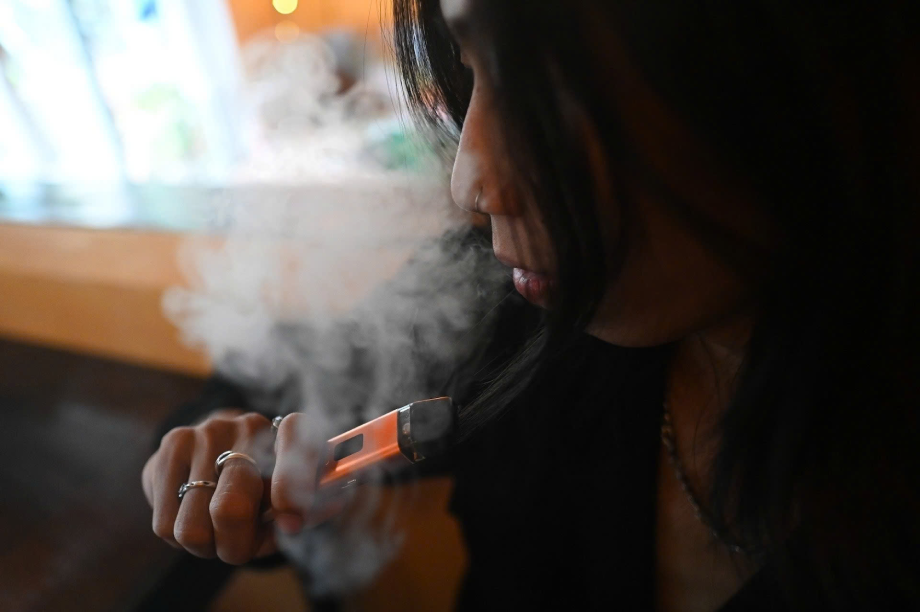
On December 25, the Ministry of Health held a workshop to discuss the implementation of National Assembly Resolution 173, which mandates the prohibition of e-cigarettes, heated tobacco products, and similar substances collectively known as new-generation tobacco.
According to Dinh Thi Thu Thuy, Deputy Director of the Legal Department at the Ministry of Health, the resolution, passed by the National Assembly on November 30, 2024, states:
"The National Assembly agrees to ban the production, trade, import, harboring, transportation, and use of e-cigarettes, heated tobacco products, and addictive substances harmful to human health starting in 2025 to ensure public health and social order."
With this resolution, Vietnam becomes the sixth Southeast Asian nation to prohibit novel tobacco products.
Strengthening legal frameworks for enforcement
Following the resolution’s approval, the Ministry of Health submitted recommendations to the Prime Minister and Deputy Prime Ministers for action on two key initiatives:
Drafting a government plan for implementation: The Ministry of Health will collaborate with relevant agencies and organizations to develop a comprehensive plan to ban e-cigarettes, heated tobacco products, and other harmful substances. This plan is expected to be submitted to the Prime Minister by the first quarter of 2025.
Amending administrative penalty regulations: The Ministry will propose amendments to Decree 117/2020, which governs administrative penalties in the healthcare sector. These amendments will introduce new penalties for harboring and using e-cigarettes, heated tobacco products, and similar substances. Fast-track procedures will be applied to enact these changes.
Currently, Vietnamese law includes clear penalties for producing, harboring, and transporting prohibited goods. Under Articles 190 and 191 of the Penal Code, penalties range from fines of 50–100 million VND (approximately 2,100–4,200 USD) to imprisonment of 1–5 years.
However, there are no specific legal provisions addressing the use of banned substances, including e-cigarettes and heated tobacco products.
Nguyen Tuan Lam, a representative of the World Health Organization (WHO) in Vietnam, emphasized the need to focus on supply chain control to enforce Resolution 173 effectively. This includes preventing smuggling, illicit trading, and online advertising of e-cigarettes and heated tobacco products.
Lam also suggested stricter border inspections and enforcement at sales points, paired with penalties severe enough to deter violations. Public awareness campaigns and inter-agency collaboration will be crucial, similar to the successful enforcement of helmet laws and drunk-driving restrictions.
Phuong Thuy